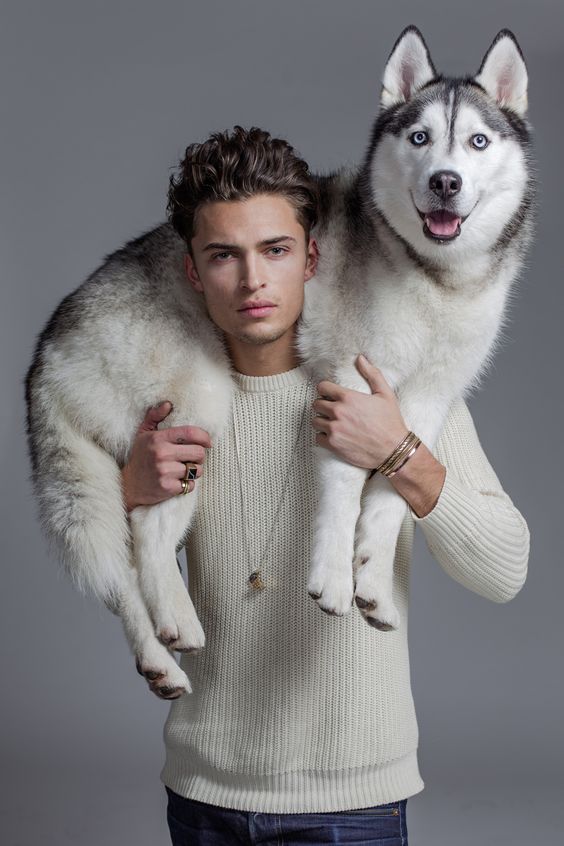As pet owners, we love our furry companions and want them to be happy and healthy. However, pets can experience mental health problems just like humans, and depression is a common issue among pets. In this blog post, we will discuss how to tell if your pet is going through depression.
- Loss of Interest
One of the most common signs of depression in pets is a loss of interest in activities they previously enjoyed. If your pet no longer wants to play or engage in activities, it may be a sign that they are feeling sad or depressed.
- Change in Appetite
A change in appetite is another common sign of depression in pets. If your pet is no longer interested in food or is overeating, it may be a sign of depression. Changes in appetite can also be a symptom of other health problems, so it is important to consult with a veterinarian.
- Sleeping More
If your pet is sleeping more than usual, it may be a sign of depression. Like humans, pets can use sleep as a way to escape from their feelings. If your pet is sleeping excessively, it may be a sign that they are feeling sad or depressed.
- Lethargy
If your pet is showing signs of lethargy, such as a lack of energy or motivation, it may be a sign of depression. Lethargy can also be a symptom of other health problems, so it is important to consult with a veterinarian to rule out any medical conditions.
- Hiding or Avoiding Interaction
If your pet is hiding or avoiding interaction with you or other pets, it may be a sign of depression. Depressed pets may withdraw from social situations and seek solitude.
- Aggression
While some pets may become withdrawn when depressed, others may become aggressive. If your pet is showing signs of aggression, it may be a sign of depression or another underlying health issue.
- Excessive Grooming
Excessive grooming is another common sign of depression in pets. Depressed pets may groom themselves excessively as a way to cope with their feelings.
In conclusion, depression can affect pets just as it can affect humans. If you notice any of these signs in your pet, it is important to consult with a veterinarian. They can help rule out any underlying medical conditions and provide treatment options for your pet's depression. Remember to always show your pet love and affection, and provide them with a safe and comfortable environment.



